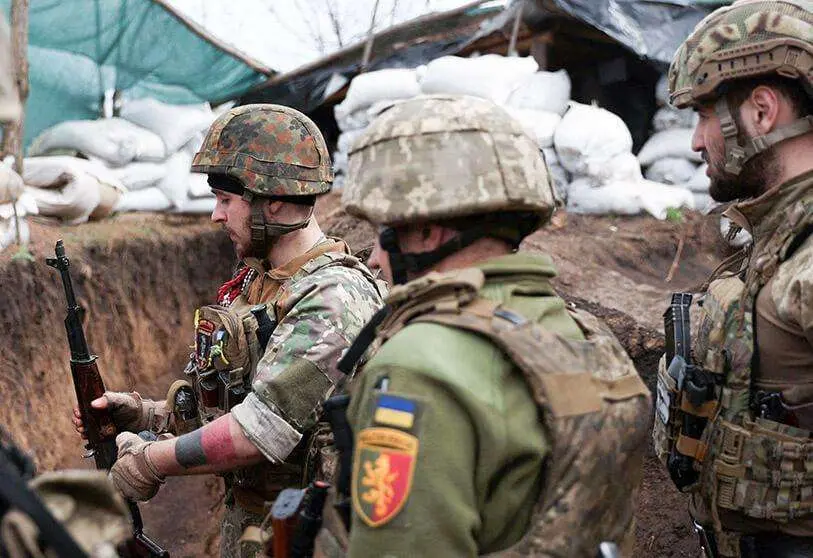Strategy, imagination and reality

Historian John Lewis Gaddis points out in his book "On Grand Strategy" (2018), that the virtue of a grand strategy lies in the alignment between aspirations, potentially limitless, and capacities, necessarily limited. If the former are imprecise or too variable or too expansive, the latter will be eroded, wasted and weakened. 24 February marks the first year of war in Ukraine without the objectives that led to the Russian invasion having been achieved, nor the Ukrainian objectives of re-establishing sovereignty in the occupied territories. This has led to an apparent redefinition of Russian strategy and the consequent need for an adaptation of the Ukrainian army's defensive capabilities.
But the new strategic situation does not, on the surface, represent a substantial change in objectives. Because the aspirations for territorial control of the Donbas regions are not the only objective of the contenders, nor of the allied countries that support Ukraine, nor of third powers which, in the case of China, keep a calculated distance.
Russia's boundless aspiration to weaken Euro-Atlantic democracies may seek in the prolongation of the conflict a progressive deterioration of European unity, while strengthening its position as a great power in Central and Eastern Europe. The US, Europe and NATO have succeeded in stopping the great threat posed by Russia, at a high cost to the Ukrainians, but at a low cost to the allies. This has also strengthened the unity of democracies and their willingness to rearm for the time being. But prolonging the war could change Western public perceptions in the face of an unsustainable increase in Ukrainian suffering and casualties and deteriorating economic effects.
By keeping the conflict open and also using diplomatic tools and its capacity for influence in different global scenarios, such as Africa or the Mediterranean, Russia maintains its ability to modulate the conflict according to its interests and the evolution of its relationship with China. In other words, by regaining the initiative, Putin is reinforcing his role as a great power with the capacity for global action and regaining his territorial objectives, albeit at this stage with a more complex and costly strategy, which he will inform Xi Jinping of at the bilateral meeting to be held this week.
China remains firm in its offer to support a negotiation process. And it continues to defend a balanced international position that has resonated with India and other emerging countries. Any outcome that would finally deem Ukraine's territorial ceding of sovereignty acceptable, after a chipping away of allied support, would be good news for China's claims to Taiwan. But it would also be good news for any other regional power intent on changing the international order through the use of force. And that perverse domino effect produces the same fear within Taiwan as it does within China or India itself.
The United States is moving with similar caution, but with a firm will to bend Putin's aggressive policy. The success of the first year does not hide the first internal tensions within the allies, nor some critical voices within the country. With presidential elections in 2024 in sight, this year's outcome in Europe is highly relevant for Joe Biden if he wants to present voters with a world different from the post-Afghanistan, post-Pandemic and post-Trump international mess.
Europe is inside the conflict, but has no strategy for deciding on its prolongation or for deciding on its negotiated end. Europeans' aspirations are as limitless as the aspirations of each of its members according to their interests. The war in Ukraine has put the fundamental imaginary of the European project, which consisted of thinking that, since the Marshall Plan, it was possible to live better and better, being more and more and turning our backs on defence, on the ropes of history.

